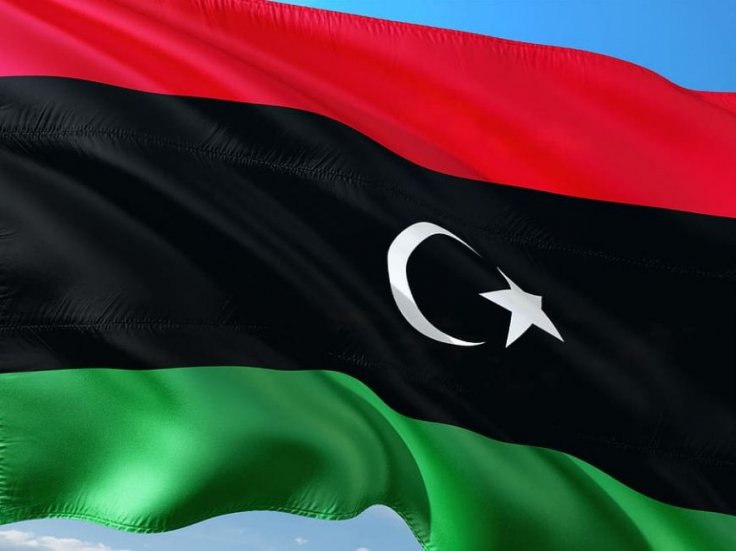The UN Support Mission in Libya (UNSMIL) on Saturday emphasized that the country needed an inclusive return to the political process, in a statement. The UNSMIL pronounced worry over the employment of excessive force in the capital Tripoli against protesters, and also about the arbitrary arrest of several civilians
In a statement, the UN body said, "Libya is witnessing a dramatic turn of events that underlines the urgent need to return to a full and inclusive political process that will meet the aspirations of the Libyan people for representative government, dignity, and peace."
Concerns Over Human Rights Violation

It urged calm, the application of the rule of law and the preservation of the rights of all citizens to peacefully express their views. "Across Libya, UNSMIL is registering an increase in reports of human rights violations, including arbitrary arrests and detention, restrictions placed on freedom of movement and expression, as well as on the right of peaceful assembly and protest," Xinhua news agency quoted the UN body as saying in a statement.
The mission also voiced concern about reports of ongoing human rights violations and abuses in the city of Sirte, some 450 km east of Tripoli, which include killing of a civilian, the arbitrary arrest of several others, and the illegal forced entry into private properties.
"The prolific use of hate speech and incitement to violence appears designed to further divide Libyans, increase polarization and tear at the country's social fabric at the expense of a Libyan-Libyan solution," the mission warned. The UNSMIL statement came hours after the UN-backed government of Libya appointed a new Defence Minister and a new Chief of Staff.
Politically Divided Nation
Prime Minister Fayez al-Serraj had said last week that he would reshuffle the cabinet or appoint a crisis government, following protests in several cities in western Libya against the political, economic and security instability as well as lack of basic services. Serraj also pledged to work on providing the basic services for the people, mainly electricity and water.
The UN-backed government had been engaged in a deadly armed conflict against the eastern-based army for more than a year over control of the capital Tripoli, before the former recently took over all of western Libya.
Despite signing the UN-sponsored political agreement and appointment of the UN-backed government of national accord in 2015, Libya remains politically divided amid insecurity and escalating violence.
(With inputs from agencies)









